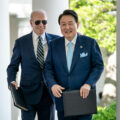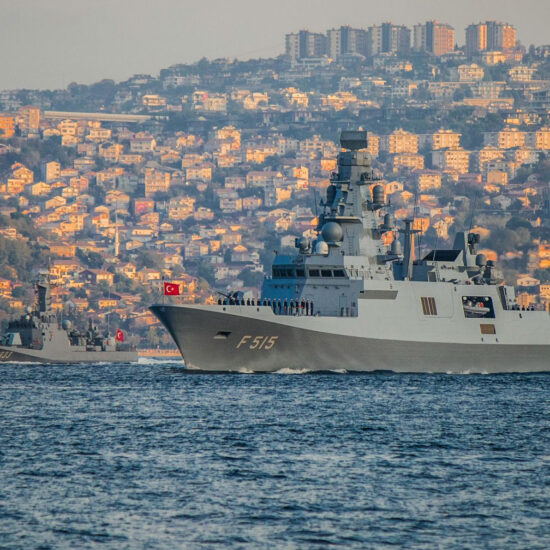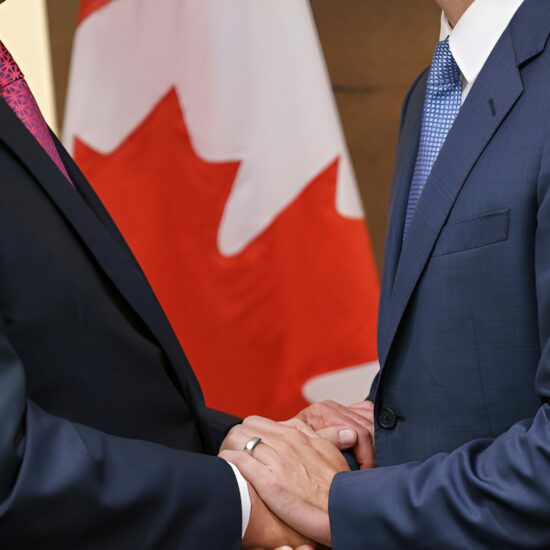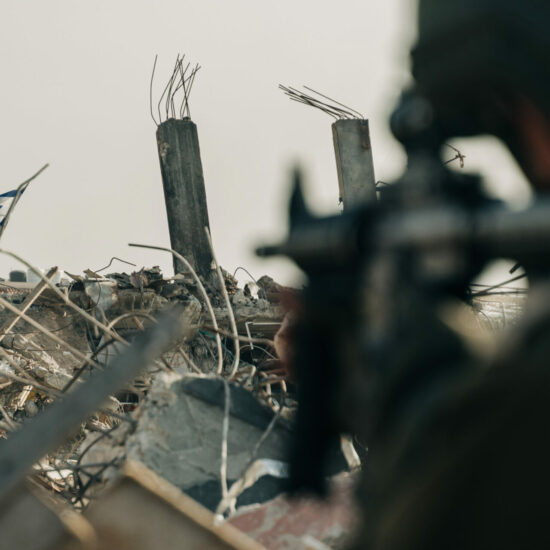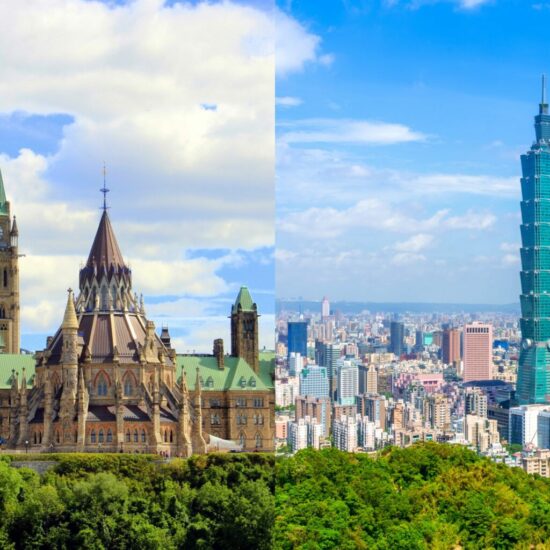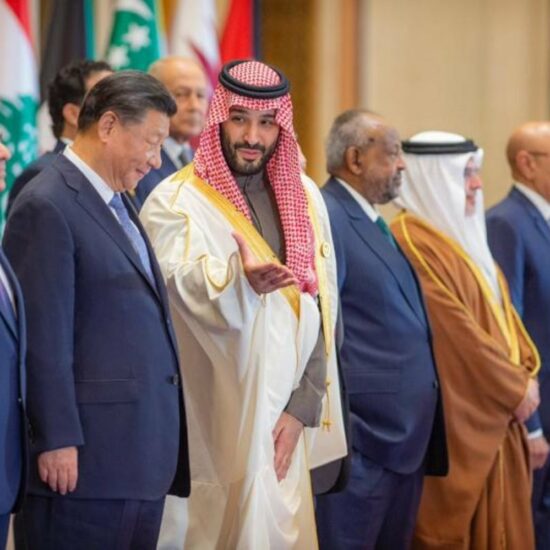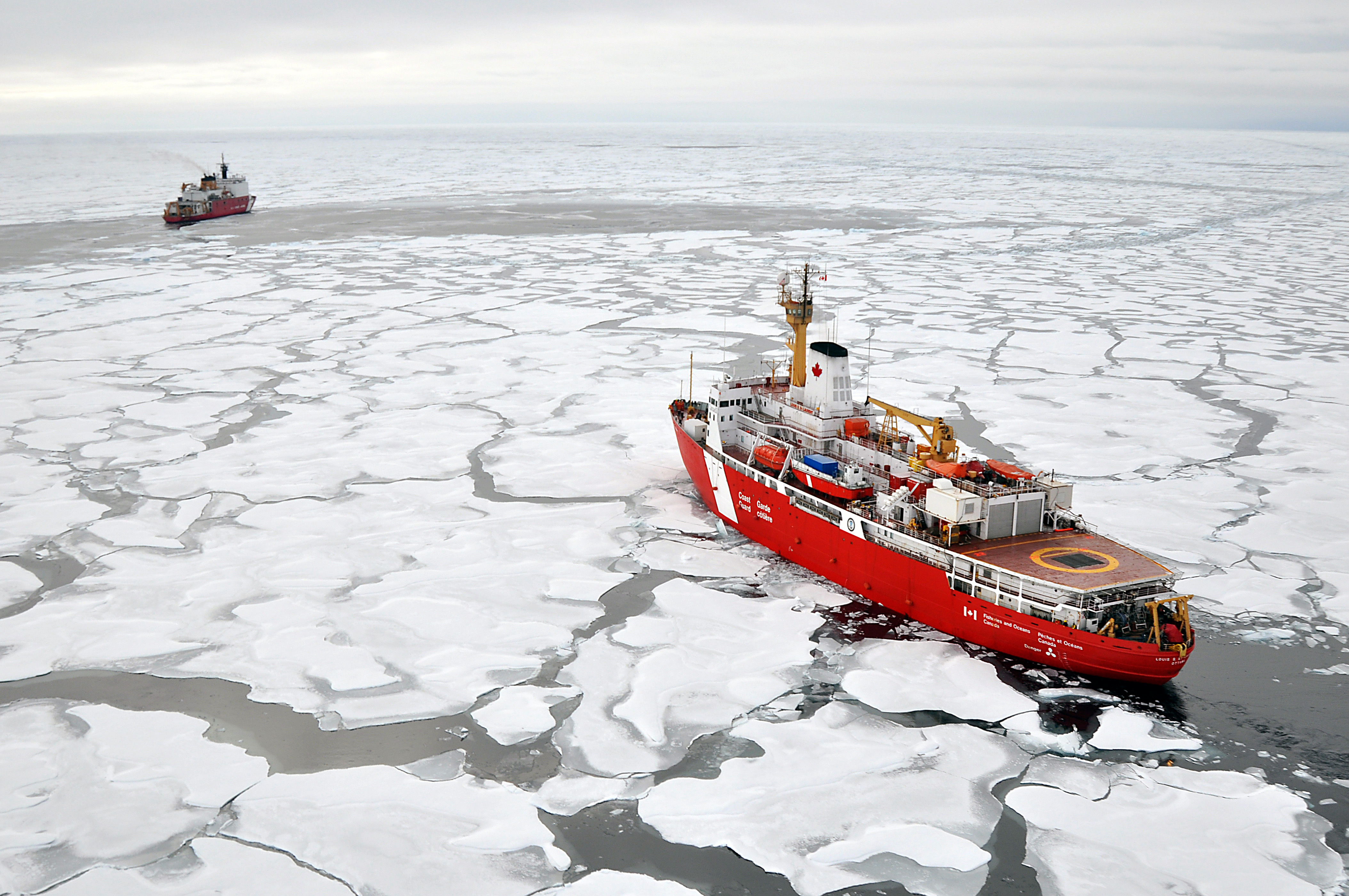
Image credit: Patrick Kelley, U.S. Coast Guard
This article was first published by the Hill Times.
As the second largest Arctic state, Canada is uniquely positioned to play a major role in an area where great powers converge, as well as to assess the extent to which great power competition will spill over into the Arctic.
Despite the Arctic comprising 40 per cent of Canada’s landmass, the government has long lagged in efforts to address the region’s domestic and foreign challenges. For much of Canada’s history, the Arctic took a back seat to other policy priorities. It was only the dawn of the Cold War that ultimately prompted Canada and the United States to jointly establish military bases and radar systems spanning the length of the North in order to detect incoming Soviet missiles. Though the region became vital for North American security, the local Indigenous communities continued to face challenges such as a lack of housing, clean water, and modern infrastructure–which remain critical challenges to this day. Recently, Canada’s 2019 Arctic and Northern Policy Framework attempted to address these issues but stopped short of outlining specific budgets and timelines to make their goals possible. Now, with climate change drastically altering the Arctic environment and COVID-19 exacerbating existing inequalities, it is critical to re-examine Canada’s Arctic policy to address both long-standing domestic matters and evolving international security concerns.
Canada’s primary ally, the U.S., has long played a key role in Canada’s Arctic affairs. Throughout the Cold War, the two worked to establish the North American Radar Aerospace Defence Command (NORAD) and the Distant Early Warning (DEW) Line to act as a frontier of deterrence. Despite this collaborative relationship, the U.S. refused to recognize Canada’s claims to the Northwest Passage, and still considers the route to be international waters in order to avoid setting a precedent for important channels elsewhere. For decades, the two “agreed to disagree” on the status of the Passage rather than come to a formal resolution. However, this political standstill finally came to a boil under the Trump administration when secretary of state Mike Pompeo called Canada’s claims “illegitimate.” The Trump administration also nearly allowed the New START nuclear arms reduction agreement to lapse, which could have resulted in the increased militarization of the Arctic as part of a renewed arms race. While U.S. President Joe Biden has so far embraced a much less aggressive and a more collaborative approach to foreign policy, the possibility of future deadlock and strained relations between Ottawa and Washington could be reason enough to reassess Canada’s relationship with the U.S. in the North.
Notably, Russia, the largest Arctic state, has long “passively supported” Canada’s claims to the Northwest Passage, which mirrors its own claims over the Northern Sea Route. In contrast to its actions in Ukraine and Syria, Russia has continued to demonstrate a preference to follow international law and prioritize cooperation in the Arctic–contradicting sensationalized reports of the Kremlin waging a new Cold War and scramble for territory in the region. Currently, Canada and Russia form part of the eight Arctic Council states which meet regularly to discuss and cooperate on Arctic matters exclusively, aiming to avoid any discussion of larger political issues. In addition to such multilateral cooperation, Canada would benefit from bilateral engagement on Arctic issues. As Russia has long prioritized the Arctic and invested in developing its northern territory, Canada could learn from Russia’s successes and challenges in this area. The two could also further engage on matters such as search and rescue and oil-spill cleanup operations in the Arctic, which often prove difficult given the harsh and remote conditions.
Over the last decade, the North has also received increased international attention from non-Arctic states due to melting sea ice opening new trade routes, with China one of the states most engaged in the region’s future. In 2013, China joined the Arctic Council as an observer and in 2018 released its own Arctic policy that outlined its role in the region as a self-proclaimed “near-Arctic state.” Its icebreaker, the MV Xue Long, traversed the Northwest Passage in 2017–a seven-day shorter alternative to the Panama Canal route. Last year, the Chinese state-owned company Shandong also put in a bid to purchase TMAC Resources Inc. and its mine in Nunavut’s Hope Bay, a move that was considered to be part of China’s expansion of its Belt and Road Initiative into the Polar Silk Road. However, the bid was later rejected on national security grounds. While the current climate in Canada is wary of Chinese investment and thus of its growing presence in the Arctic, some have called for Canada to allow China to engage in “resource development, shipping, fisheries, and climate research.” While China’s Arctic policy has emphasized following international law and strengthening regional cooperation, it is critical to engage with Beijing to better understand the role it intends to play in the region moving forward–rather than blocking any and all of its involvement in the Arctic.
Any re-examination of Canada’s relationship with the U.S., Russia, and China in the Arctic must also recognize the interests of the Inuit and Northern communities in order to ensure the concerns of the region’s Indigenous populations are taken into account. Though the Inuit Circumpolar Council currently hosts a forum for Inuit from across Alaska, Canada, Greenland, and Siberia, further engagement is necessary to address the interconnected and complex challenges that Inuit face. This includes working toward sustainable development and addressing the impact of climate change on Northern communities, such as permafrost thaw. Achieving Arctic security must be integrated with addressing the region’s ongoing domestic challenges, such as a lack of internet access and road and air connectivity, inadequate infrastructure, as well as a lack of clean water and affordable housing.
As the second largest Arctic state, Canada is uniquely positioned to play a major role in an area where great powers converge, as well as to assess the extent to which great power competition will spill over into the Arctic. It is therefore imperative for Canada to identify possible partners for cooperative action and to determine the methods to be used in achieving its domestic and international goals in the region. This can only be done by employing a collaborative and balanced approach that prioritizes engagement and recognizes the sovereignty and security needs of the territorial Arctic states, while taking into account the perspectives of Indigenous and northern communities, and the various Arctic and non-Arctic actors that have become an increasingly important part of the Canadian Arctic sphere.
Alexandra Slobodov is a Research Associate at the Institute for Peace & Diplomacy.

